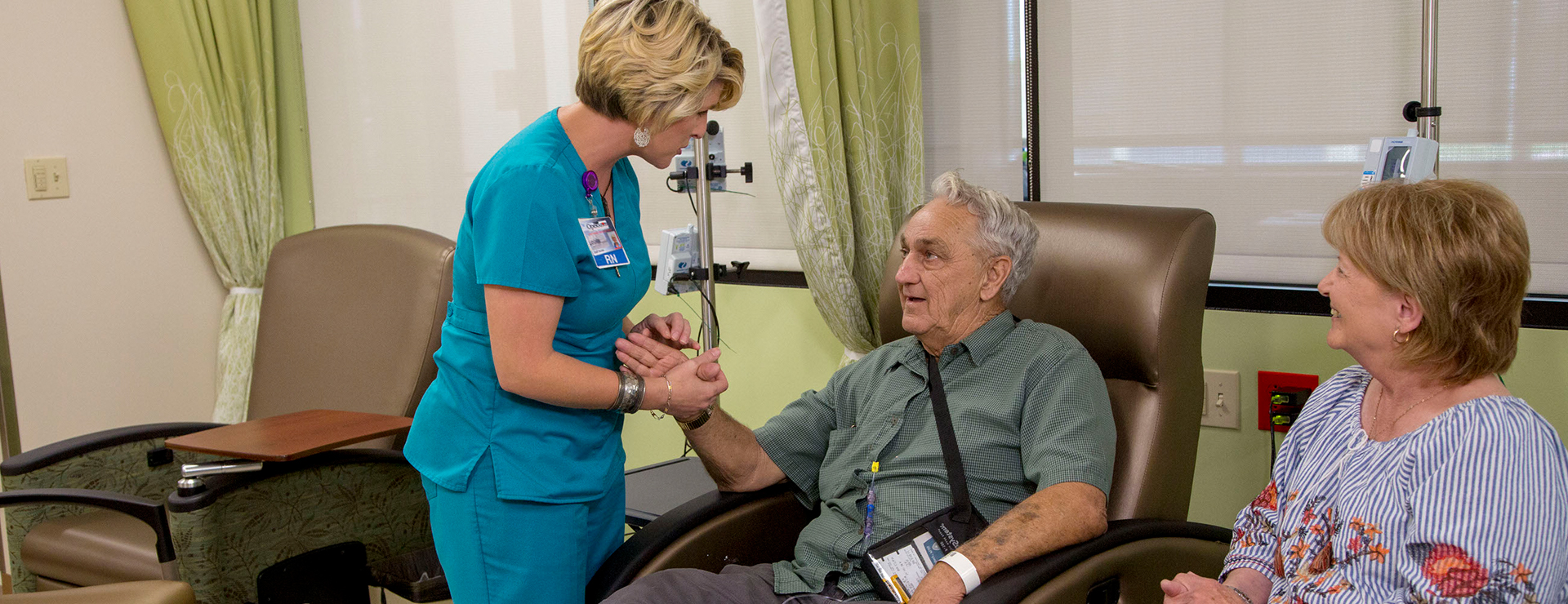
Surgical Oncology
Experienced Cancer Surgeons
Surgical oncologists play a major role in the treatment of many cancers. Surgery is the primary treatment for several types of cancer, so long as the cancer has not yet spread to other parts of the body. In some cases, the surgeon can provide a cure by removing the tumor. In others, surgery can reduce a patient's discomfort or extend their life. Follow-up therapy is often required after surgery, such as chemotherapy, immunotherapy, and/or radiation therapy.
What to Expect
Cancer surgery takes place in the area where the cancer originated. If you have breast cancer, then the operation will involve removing all of or part of the breast – the same applies to other types of cancers. The size of the tumor and where it is located will determine whether the entire organ needs to be removed.
The specifics for your surgery will depend on the type of cancer. Some operations are minimally invasive, meaning only a few incisions will be needed. Minimally invasive surgeries allow you to recover faster and reduce scarring. Our surgical team will make sure you understand all of your options so you can give your informed consent for the recommended procedure.
After Your Surgery
Removing a tumor removes a significant amount of the cancer from your body. There may be some remaining cancer cells, which is why additional treatments like chemotherapy and radiation therapy are often recommended after you’ve had time to recover from the operation.
Depending on the involvement of your surgery, you may benefit from physical therapy. Our team will refer you to an experienced physical therapist who will help you regain your mobility after an operation. We are committed to providing patients with everything you need to recover from surgery and live a higher quality of life.

